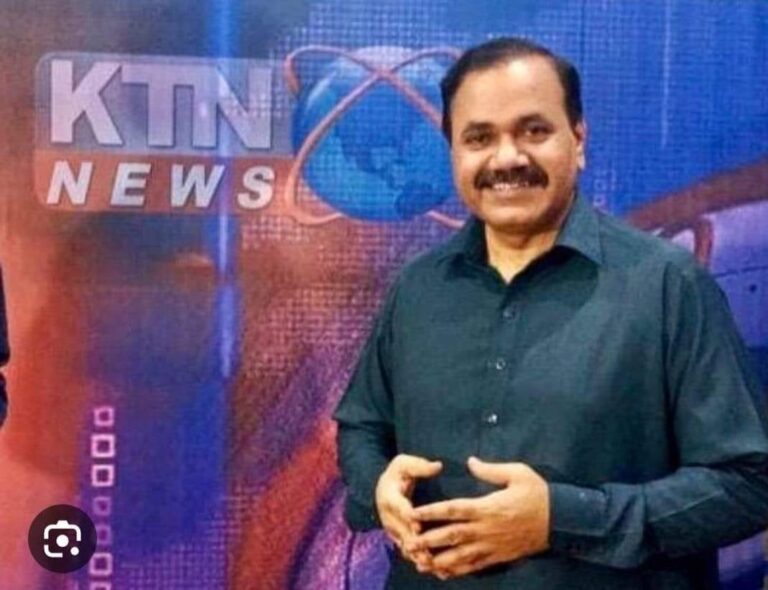Somebody tried to shoot me: a WAN-IFRA interview with Mansoor Hasaan, an investigative journalist from Pakistan
Mansoor Hassan Hashmi is a journalist from Pakistan who wrote for a local magazine, Crime. His investigations into honour killings, tainted pesticides, narcotic gangs and unsolved murders led him to be beaten up, poisoned and even rammed with a tractor. He fled Pakistan for the UK in 2002, where he now lives with his family. He spoke exclusively to WAN-IFRA, the World Association of Newspapers and News Publishers for World Press Freedom Day 2010.
What is the passion that drives your hunger for reporting the truth?
“After finishing a degree in Literature, I started working with my father on his farm. I could see there were many economic and social issues for farmers and their families. I wanted to raise the plight of people in the rural areas of Pakistan and so started a magazine with another journalist.”
Talk us through what it’s like being a journalist investigating MPs and business leaders on issues like honour killings and justice for farmers? “Sometimes I wrote under a pen name to protect myself. My father advised me not to write about MPs or the business elite, because he knew them and was scared about reprisals.
“It was a difficult time reporting on the pesticide issue. An MP and the owner of the agricultural company I exposed through my investigations sent a man to my office to threaten me, advising me not to write about the tainted pesticides. “But I wanted justice for the farmers, so I published the story I was then attacked in my office.
“I wrote another story on a different MP who was implicated in an honour killing. After it was published, he sent his henchmen to try and kill me by smashing into my car with a tractor. It was a very scary time for myself and my family, but it was also important to report these injustices.”
What drove you to flee your country?
“The threats and attacks kept coming even after I stopped writing for my magazine and joined a larger daily newspaper, where I thought I would be safe. I started to investigate drug activities and was hocked to discover that the owner of the newspaper I now worked for had been implicated. When I was about to expose this, I was forced to resign. Again I was visited by people warning me about my journalist activities, but this time the visit was from the local intelligence bureau, so became really scared.
“The final straw came when somebody tried to shoot me in the street. I knew then I had to leave. I had no job and no money and I urged my extended family and friends to help, but no one was prepared to do anything for us.”
What sort of impact did this have on your family?
“At the time, I was injured from the various attacks and not in good health. When I actually fled Pakistan for the UK, I felt sick to my stomach because I was leaving my family behind. My children were terrified and felt very isolated. I thought, ‘Will I ever see my family again? My wife continued to receive threatening calls even after I had gone.
“After some time, I managed to get odd jobs in the UK and I had enough money to move my family over. I was very happy.” You’ve had a harrowing journey to ensure your family is safe. Describe what life is like now and how you feel about the future?
“I am hopeful for my children as they will receive a good education and we will beat poverty. I paid a very high price for my profession because I wasn’t allowed to work while I sought asylum, so this made life difficult. I am now a resident of the UK, so I can work again. I help other refugee and asylum seekers through the Red Cross tracing and messaging service, but I will find it difficult to get work again as a journalist.”
Freedom of expression must be recognised around the world as a fundamental principle in the global fight against issues like corruption and violations of human rights. You’ve been at the heart of this fight; what is your message to the community about the importance of a free press?
“I know all journalists want to be the best, but your family and your life are also precious. If you investigate stories because you think it will bring justice, in some countries you are threatened.
“We celebrate press freedom days every year but we must not forget those who were murdered while working for press freedom. Their pictures are in magazines and on websites but their children have only gravestones to see.”

